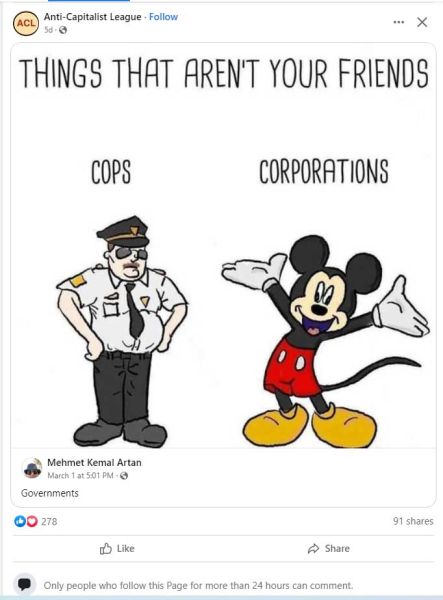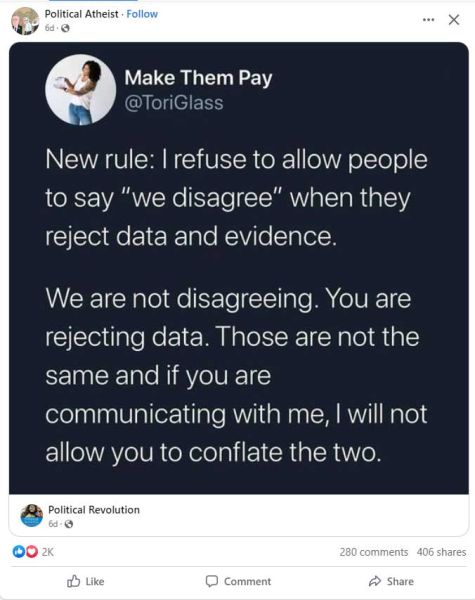The Revolution is Already Here on Facebook.
The Revolution is Already Here on Facebook
One afternoon, I nearly laughed myself sick watching short-videos on Facebook. The first featured a singing donkey; the next, an hysterical, talking Emu; and finally a dog who talked like the donkey (voiced by Eddie Murphy) in Shrek. Other videos feature men in wing-suits, leaping from a cliff, accident-prone construction-workers, or chefs fixing steaks. Who wants to watch TV when you can look at Facebook?
I told everyone I know how much I enjoyed Facebook—how much time I wasted looking at it, but no one seemed interested. They looked away evasively: "Been-there, done-that," and then changed the subject. When I pressed them, they said that the angry posters on Facebook made them nervous. They could not concentrate on the tasks at hand.
So I spent more time looking at the "sponsored" posts that came my way on Facebook, and I could hardly believe my eyes. Lots of anger and incompatibility.
It reminds me of student-demonstrators in the late 1960s ranting about "non-negotiable demands." The Facebook posts also recall a scene from Doctor Zhivago, released in 1965: While Moscow's elite gather in a private club to enjoy supper and socialize, Moscow's poor gather in a street below, in the dead of winter, to sing revolutionary songs. The wealthy elite titter at the poor singing in the street. Little do they understand the catastrophe that awaits them; but the poor also have no clue that a different catastrophe awaits them.
Modern-day American revolutionists have the same short-sighted goals as their Tsarist-era Russian counterparts—getting other people's stuff. They don't care much who leads them to the stuff, nor do they think about waking up the next day and having to make a living in a post-revolutionary world, because the mob-mentality deals in real-time thinking. It cannot envision tomorrow, nor remember yesterday. Self-hatred lurks beneath the surface, which compels a mob to act with extra harshness. Somebody else will have to think about tomorrow.
Someone has to incite a mob. They have the latent anger, envy, and resentment, but no sense of direction. The looters will steal the cash from a bank; but then, the bank will not have cash to give to anyone else. The looters will move on to the homes of rich people to steal a few antiques, jewelry, and silver; but where are the billions of dollars these people are supposed to have? All the looters find are scraps of paper. The inciters have told the looters these people have lots of money, so where is it?
Only later—if at all—the looters will they realize the inciters misled them. Rich people don't keep lots of cash around. They invest it in other businesses, or their own businesses, and keep pieces of paper to record their investments. Their profit is based on future projections. That's the most critical aspect of the capitalist system that no one ever mentions.
Real wealth in a capitalist society is based on future projections. The wealthy don't pay themselves in cash, but shares of stock—just scraps of paper. It reveals that they bet on the future. They can do this because they think futuristically. They visualize future opportunities. Futuristic thinking is the real asset of a capitalist society; it bets on the future and wins.






